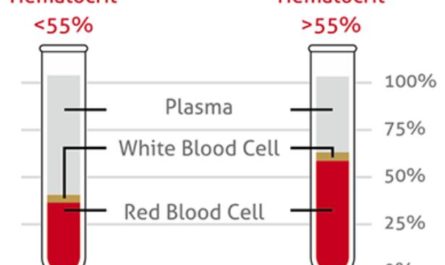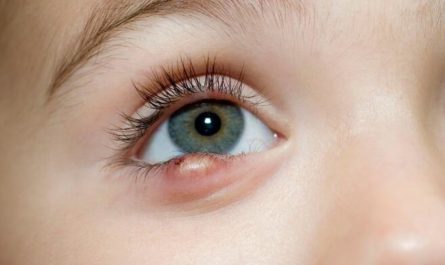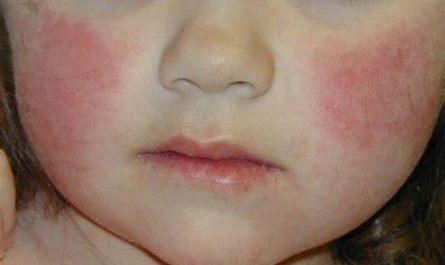Swollen lips are a condition where the lips become enlarged or puffy. It can be painful and uncomfortable. Swelling can affect one or both lips and may be accompanied by other symptoms such as redness, pain, itching, or difficulty speaking or eating. The duration of lip swelling can vary depending on the underlying cause.
In most cases, mild swelling caused by minor injuries or allergies may resolve within a few days to a week. However, persistent or severe swelling may require medical intervention. While there are various treatment options available, natural remedies can often provide effective relief for swollen lips. This article will explore the 14 best natural remedies to get rid of a swollen lip quickly.
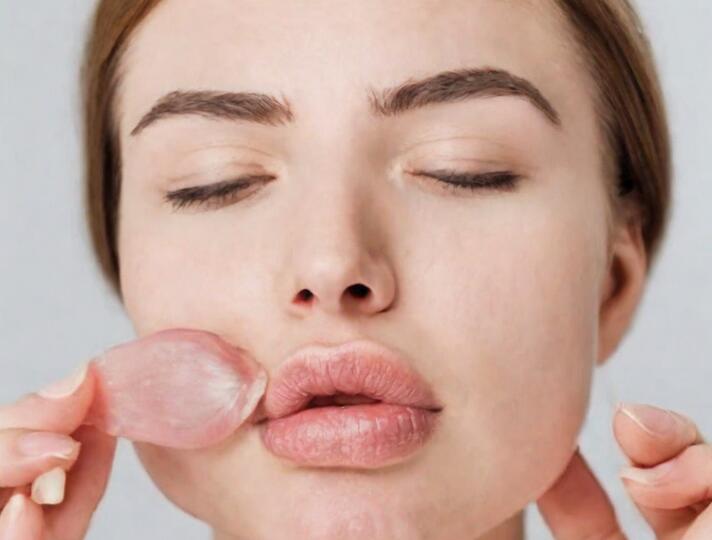
Common Causes of Swollen Lips
Swollen lips can be caused by a variety of factors, ranging from mild to more serious conditions. Understanding the common causes of swollen lips can help you identify the underlying issue and seek appropriate treatment. Here are some of the most common causes:
1. Allergic Reactions
Allergic reactions occur when the immune system overreacts to a substance, known as an allergen. When allergens come into contact with the lips, they can trigger an inflammatory response, leading to swelling.
Common allergens include certain foods (e.g., nuts, shellfish, or dairy), medications (e.g., antibiotics or NSAIDs), insect bites or stings, pollen, pet dander, or latex.
Allergic reactions can range from mild to severe, with symptoms varying from minor swelling to difficulty breathing, depending on the individual’s sensitivity and the allergen involved.
2. Injuries
Physical injuries to the lips can cause swelling. Accidental bites, cuts, burns, or blunt force trauma (e.g., from sports-related activities or accidents) can lead to lip swelling. The body’s natural response to injury is to increase blood flow to the affected area, resulting in swelling as part of the healing process.
3. Infections
Some infections can cause swollen lips. Viral infections, such as the herpes simplex virus (HSV), can cause cold sores or fever blisters on or around the lips. These blisters can be painful and result in lip swelling. Bacterial infections, such as impetigo, can also cause lip swelling along with other symptoms like redness, crusting, or oozing.
4. Angioedema
Angioedema is a condition characterized by deep swelling beneath the skin’s surface. It often affects areas like the lips, eyes, cheeks, or throat. Angioedema can be caused by an allergic reaction, certain medications (such as ACE inhibitors used for high blood pressure), or genetic factors. It can occur suddenly and may be accompanied by other symptoms like hives, itching, or difficulty breathing.
5. Cheilitis
Cheilitis refers to inflammation of the lips, which can lead to swelling. There are different types of cheilitis, including contact cheilitis, angular cheilitis, and actinic cheilitis. Contact cheilitis can be triggered by irritants like lip products, certain foods, or allergens.
Angular cheilitis typically involves redness, cracking, and inflammation at the corners of the mouth. Actinic cheilitis is caused by long-term sun exposure, resulting in dry, scaly, or swollen lips.
6. Vitamin Deficiencies
Deficiencies in certain vitamins, particularly B vitamins (such as riboflavin, niacin, or folate), can cause swollen lips. These deficiencies may arise due to poor diet, malabsorption issues, or certain health conditions that affect nutrient absorption. Adequate vitamin intake is essential for maintaining healthy skin, including the lips.
7. Dehydration
When the body doesn’t have enough fluids, it can lead to dehydration. Dehydration can cause the lips to become dry, cracked, and swollen. The body tries to retain moisture by redirecting fluids from less essential areas, resulting in lip swelling. Other symptoms of dehydration include increased thirst, dry mouth, fatigue, dizziness, and dark urine.
8. Medical Conditions
Certain medical conditions can contribute to lip swelling. For example, inflammatory bowel diseases like Crohn’s disease or ulcerative colitis can cause lip inflammation as part of their systemic effects. Kidney disease, particularly in advanced stages, can lead to fluid retention and generalized swelling, including the lips.
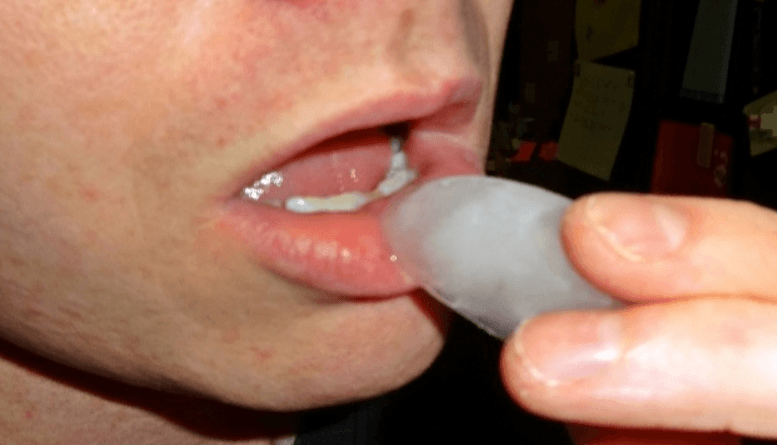
14 Best Natural Remedies to Get Rid of Swollen Lips
1. Cold Compress
Applying a cold compress is an effective way to get rid of a swollen lip. The cold temperature helps constrict blood vessels and reduce inflammation. To use a cold compress, follow these steps:
- Wrap a few ice cubes in a clean cloth or place them in a plastic bag.
- Gently press the cold compress against the swollen lip for 10-15 minutes.
- Repeat this several times a day for relief.
The cold compress can be used as soon as you notice the swelling, and it can be repeated throughout the day as needed.
2. Aloe Vera
Aloe vera is known for its soothing and anti-inflammatory properties. Applying fresh aloe vera gel directly to the swollen lip can help reduce inflammation and promote healing. Here’s how to use aloe vera for swollen lips:
- Cut open an aloe vera leaf and extract the gel.
- Apply a thin layer of the gel directly to the swollen lip.
- Leave it on for 15-20 minutes.
- Rinse off with lukewarm water.
- Repeat this remedy several times a day for optimal results.
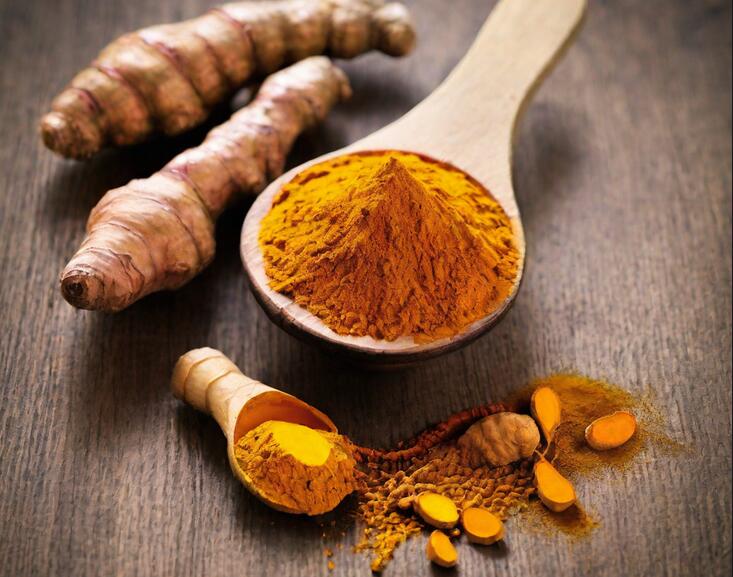
3. Turmeric Paste
Turmeric contains curcumin, a compound known for its anti-inflammatory properties. Creating a turmeric paste can help reduce swelling and alleviate discomfort. Here’s how to make and use a turmeric paste:
- Mix one teaspoon of turmeric powder with enough water or coconut oil to form a paste.
- Apply the paste to the swollen lip.
- Let it sit for 10-15 minutes.
- Rinse off with lukewarm water.
- Repeat this remedy once or twice a day for best results.
Turmeric paste can temporarily stain the skin, so it is advisable to use this remedy at night or when you can easily wash off any residual yellow color.
4. Baking Soda
Baking soda can be used as a natural remedy for allergic reactions or insect bites that may cause lip swelling. Here’s how to use baking soda to get rid of a swollen lip:
- Mix equal parts baking soda and water to create a paste.
- Apply the paste to the affected area.
- Leave it on for 10-15 minutes.
- Rinse off with lukewarm water.
- Repeat this remedy once a day or as needed to reduce redness and swelling.
Baking soda acts as an alkaline substance that helps neutralize acids, providing relief from itching and inflammation.
5. Salt Water Rinse
A salt water rinse can provide relief for swollen lips caused by minor infections or inflammation. Here’s how to do a saltwater rinse:
- Mix half a teaspoon of salt in a glass of warm water until dissolved.
- Swish the solution in your mouth, making sure to pass it over the swollen lip area.
- Spit out the solution after rinsing.
- Repeat this a few times a day for best results.
Saltwater has natural antiseptic properties that can help reduce bacteria and inflammation. It is important not to swallow the solution, as it is meant for rinsing only.
6. Tea Tree Oil and Coconut Oil
Combining tea tree oil and coconut oil can help reduce swelling and provide antimicrobial benefits. Tea tree oil has natural antibacterial and anti-inflammatory properties. Here’s how to use this combination to get rid of a swollen lip:
- Mix a few drops of tea tree oil with a teaspoon of coconut oil.
- Gently apply the mixture to the swollen lip using a clean cotton swab.
- Leave it on for 15-20 minutes.
- Rinse off with lukewarm water.
- Be cautious not to swallow the mixture, as tea tree oil should not be ingested.
Repeat this remedy once a day or as needed for relief. Tea tree oil may cause skin irritation in some individuals, so it is advisable to do a patch test before applying it to the entire lip area.
7. Honey
Honey has natural healing and anti-inflammatory properties that can aid in reducing lip swelling. Here’s how to use honey for swollen lips:
- Apply a small amount of honey directly to the swollen lip.
- Leave it on for 15-20 minutes.
- Rinse off with lukewarm water.
- Repeat this remedy a few times a day for optimal results.
The antibacterial properties of honey can help prevent infection and promote healing. Choose raw, organic honey for the best results.
8. Cucumber Slices
Cucumber slices are known for their cooling and soothing effects. Here’s how to use cucumber slices for swollen lips:
- Place chilled cucumber slices on the swollen lip.
- Leave them on for 10-15 minutes.
- Remove the slices and rinse off any cucumber residue with lukewarm water.
Cucumbers contain antioxidants that can help hydrate the skin and reduce redness. This remedy can be repeated several times a day for relief.
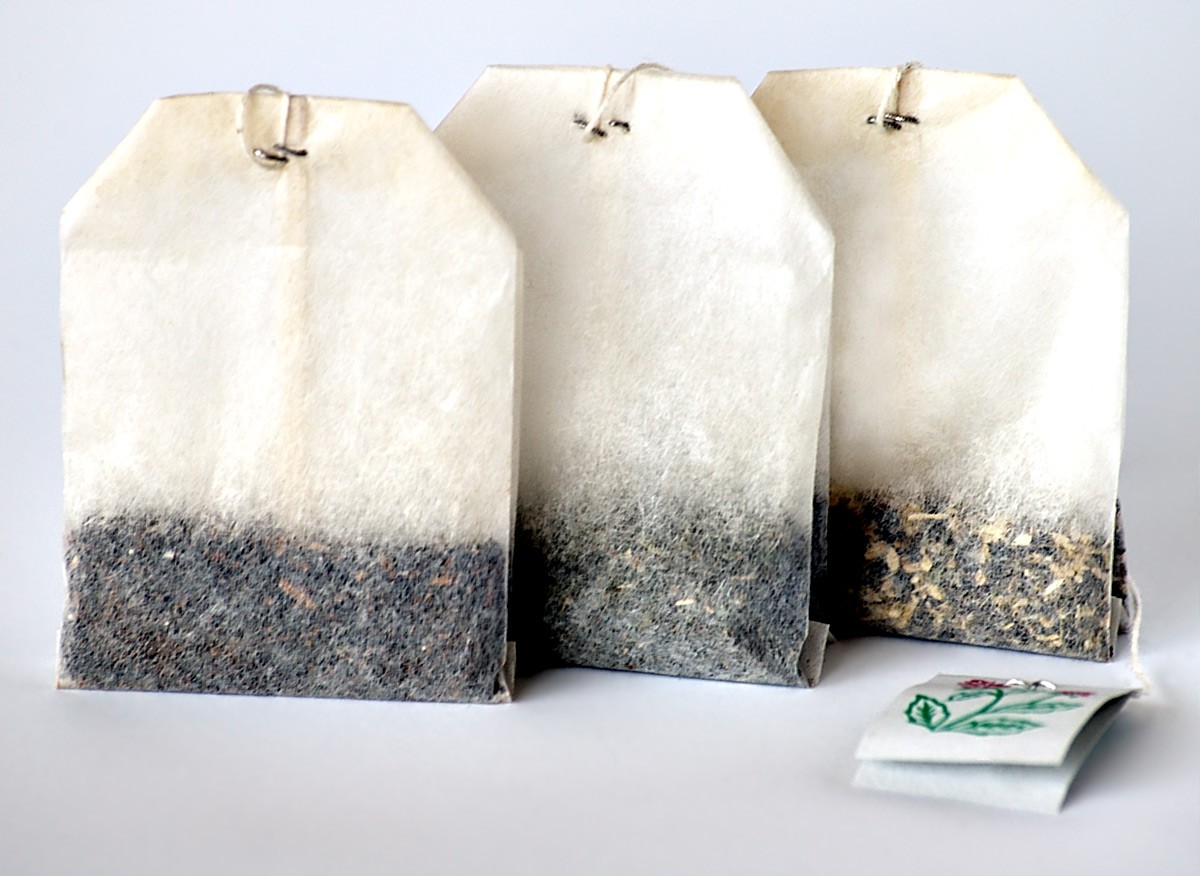
9. Tea Bags
Tea bags can effectively reduce lip swelling due to their tannin content. Tannins are astringent compounds that have anti-inflammatory properties. Here’s how to use tea bags for swollen lips:
- Steep a tea bag in hot water for a few minutes, then remove it and let it cool.
- Gently press the cooled tea bag against the swollen lip for 10-15 minutes.
- Remove the tea bag and rinse off with lukewarm water.
This remedy can be repeated as needed throughout the day. Black tea bags, green tea bags, or chamomile tea bags can all be used for this purpose.
10. Witch Hazel
Witch hazel is a natural astringent that can be used to reduce lip swelling. It contains tannins, which have vasoconstrictive properties and can help tighten the skin.
- Soak a cotton ball in witch hazel.
- Apply it to the swollen lip for 10-15 minutes.
- Rinse off with lukewarm water.
Witch hazel can help reduce inflammation and provide relief. It is important to choose alcohol-free witch hazel to avoid drying out the skin.
11. Apple Cider Vinegar
Apple cider vinegar has antimicrobial and anti-inflammatory properties that can help reduce lip swelling. Here’s how to use apple cider vinegar for swollen lips:
- Dilute apple cider vinegar with an equal amount of water.
- Dip a cotton ball into the diluted solution.
- Gently apply it to the swollen lip.
- Leave it on for 10-15 minutes.
- Rinse off with lukewarm water.
Repeat this remedy once or twice a day until the swelling subsides. Apple cider vinegar may cause a tingling sensation, but it should not be painful. If you experience any discomfort, rinse off the solution immediately.
12. Oatmeal Paste
Oatmeal has soothing and anti-inflammatory properties that can help reduce lip swelling. Here’s how to make and use an oatmeal paste to get rid of a swollen lip:
- Grind oatmeal into a fine powder using a blender or food processor.
- Mix the powdered oatmeal with enough water to form a paste.
- Apply the paste to the swollen lip.
- Leave it on for 15-20 minutes.
- Rinse off with lukewarm water.
Repeat this remedy once a day until the swelling subsides. Oatmeal paste can help alleviate itching and inflammation.
13. Calendula Salve
Calendula has anti-inflammatory and wound-healing properties that can aid in reducing lip swelling. Look for a calendula salve or ointment at your local health store or online. Follow the instructions on the product for application.
- Cleanse the swollen lip with mild soap and water.
- Apply a small amount of calendula salve to the affected area.
- Gently massage the salve into the skin.
- Leave it on for the recommended time (usually a few hours or overnight).
Repeat this remedy as directed by the product or until the swelling subsides. Calendula salve can help promote healing and reduce inflammation.
14. Epsom Salt Soak
Epsom salt, also known as magnesium sulfate, can help reduce lip swelling and ease discomfort. It can help reduce inflammation and draw out excess fluid from the swollen lip.
- Fill a bowl or basin with warm water.
- Add 1-2 teaspoons of Epsom salt and stir until dissolved.
- Soak a clean washcloth in the Epsom salt solution.
- Gently wring out the excess liquid.
- Place the damp washcloth on the swollen lip for 10-15 minutes.
- Repeat this several times a day for relief.
. Make sure to use warm water, but not too hot, to avoid scalding the skin.
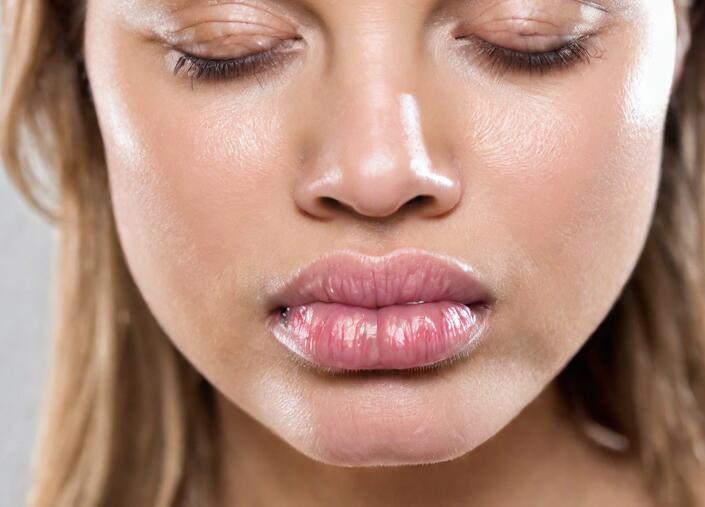
How to Prevent Swollen Lips in the Future?
Prevention is always better than cure when it comes to swollen lips. Here are some tips to help prevent lip swelling:
- If you know that you have specific allergies, make sure to avoid them to prevent allergic reactions.
- Use a lip balm with SPF protection to shield your lips from the harmful effects of UV rays.
- Ensure you drink an adequate amount of water throughout the day to keep your body hydrated, including your lips.
- Brush your teeth at least twice a day, floss regularly, and visit your dentist for routine check-ups.
- Be careful while consuming hot foods and liquids to prevent burns on your lips. Allow them to cool down before taking a bite or sip.
- Opt for hypoallergenic lip balms, lipsticks, and other lip products to reduce the risk of allergic reactions.
- Keep your lips moisturized by regularly applying a lip balm or natural moisturizer.
- Avoid exposure to harsh chemicals, fragrances, or other irritants that can cause an allergic reaction.
- A well-balanced diet rich in vitamins, minerals, and antioxidants can help support healthy skin, including the lips.
- Practice stress management techniques like meditation, deep breathing exercises, or engaging in activities you enjoy to reduce stress levels.
- Protect your lips with a scarf or avoid prolonged exposure to extreme weather conditions.
When to see a doctor?
It is advisable to see a doctor if you experience persistent or severe swelling of the lips that does not improve within a few days. Or you need to see a doctor if it is accompanied by other concerning symptoms such as difficulty breathing, severe pain, or fever.
Additionally, if you have a known allergy and experience a severe allergic reaction with swelling of the lips, face, or throat, seek immediate medical attention as it may be a medical emergency. A doctor can properly evaluate the cause of the swollen lips and recommend appropriate treatment options.

